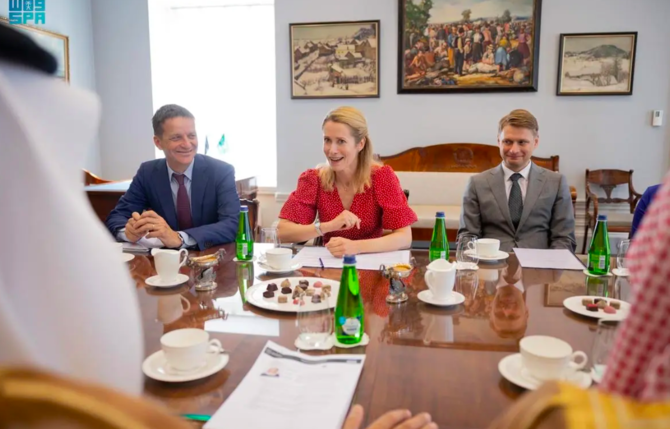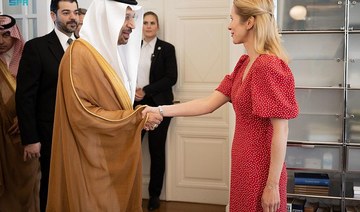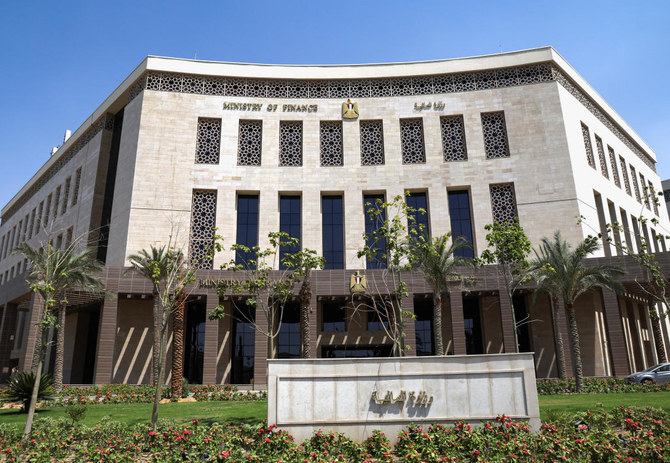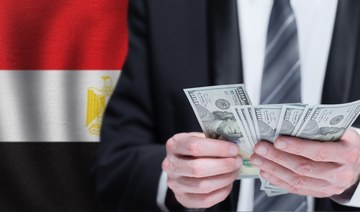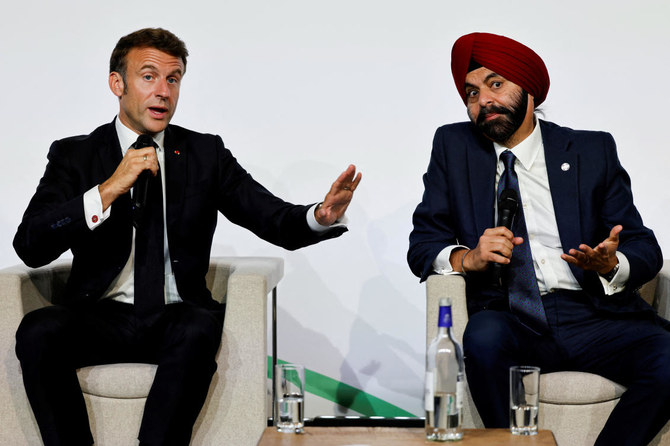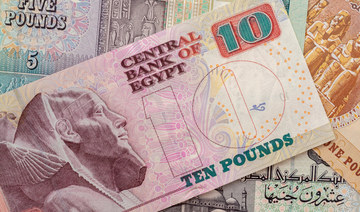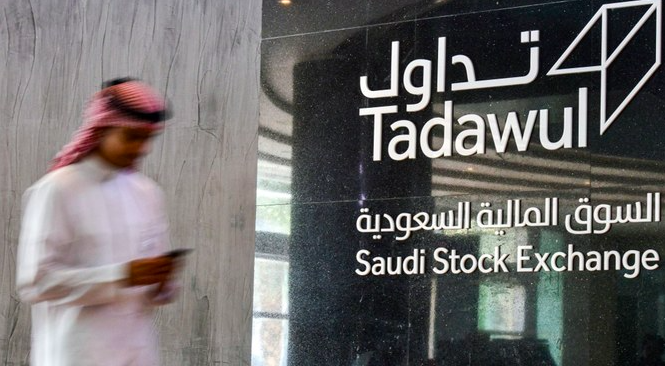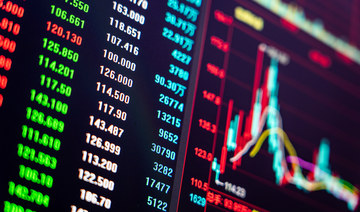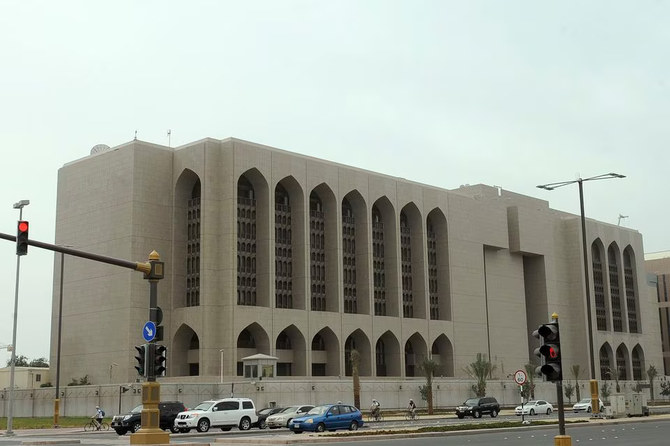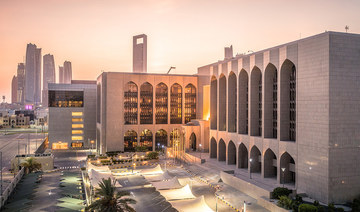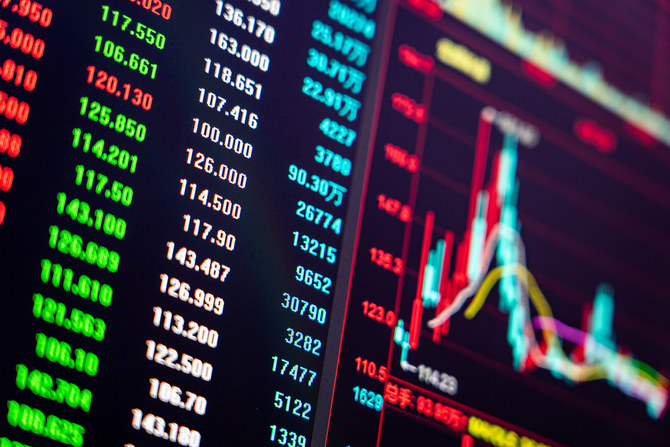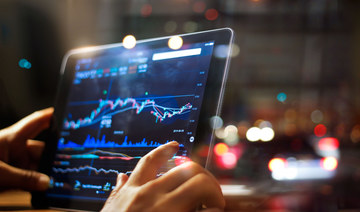RIYADH: Deals covering trade, technology and entrepreneurship were signed during a three-day visit by Saudi Arabia’s investment minister to Estonia aimed at bolstering strategic partnerships and explore mutually beneficial investment opportunities.
As part of efforts to foster the development and diversification of economic ties between the two countries, the Kingdom’s Ministry of Investment also established a business council between the Federation of Saudi Chambers and the Estonian Chamber of Commerce and Industry.
During his visit to the central European country, Khalid Al-Falih met with the Estonian Prime Minister Kaja Kallas and other high-level government officials, resulting in companies from both sides signing five memorandum of understanding agreements.
One of the MoUs was between Saudi Arabia’s Shammal Commercial Investment Co. and Estonian deep-tech startup GScan to establish a joint venture and introduce muon flux technology — a method of exploration and imaging — to Saudi Arabia.
The Ministry of Investment’s entrepreneurship sector department signed an agreement with Estonian computer numerical control machine manufacturer 5.0 Robotics with the aim of exploring expansion opportunities in Saudi Arabia and establishing a framework of support.
Additionally, a cooperation agreement was established between the ministry and Estonian autonomous system developer Auve Tech, fostering a strategic partnership to share expertise and explore manufacturing options in the region.
Another agreement was made with capital management firm Rigel Capital and Estonian autonomous delivery innovator Clevon. The collaboration aims to support the expansion of innovative last-mile autonomous technology and establish a Clevon Academy branch in Saudi Arabia.
Meanwhile, the Estonian-Saudi Investment Forum was held to provide a platform for government officials and private sector leaders to explore funding opportunities in technology, startups, and the energy transition.
Through presentations, panel sessions, and networking, both nations aimed to identify mutually beneficial opportunities for collaboration.
During his visit, Al-Falih also held meetings with the Estonian Minister of Economic Affairs and Information Technology Tiit Riisalo and Minister of Regional Affairs Madis Kallas.
This follows a series of visits between officials from Saudi Arabia and Estonia over the past 24 months, demonstrating a commitment to enhance bilateral relations.
In 2022, trade between the two countries reached $412 million, reflecting the growing economic cooperation.



